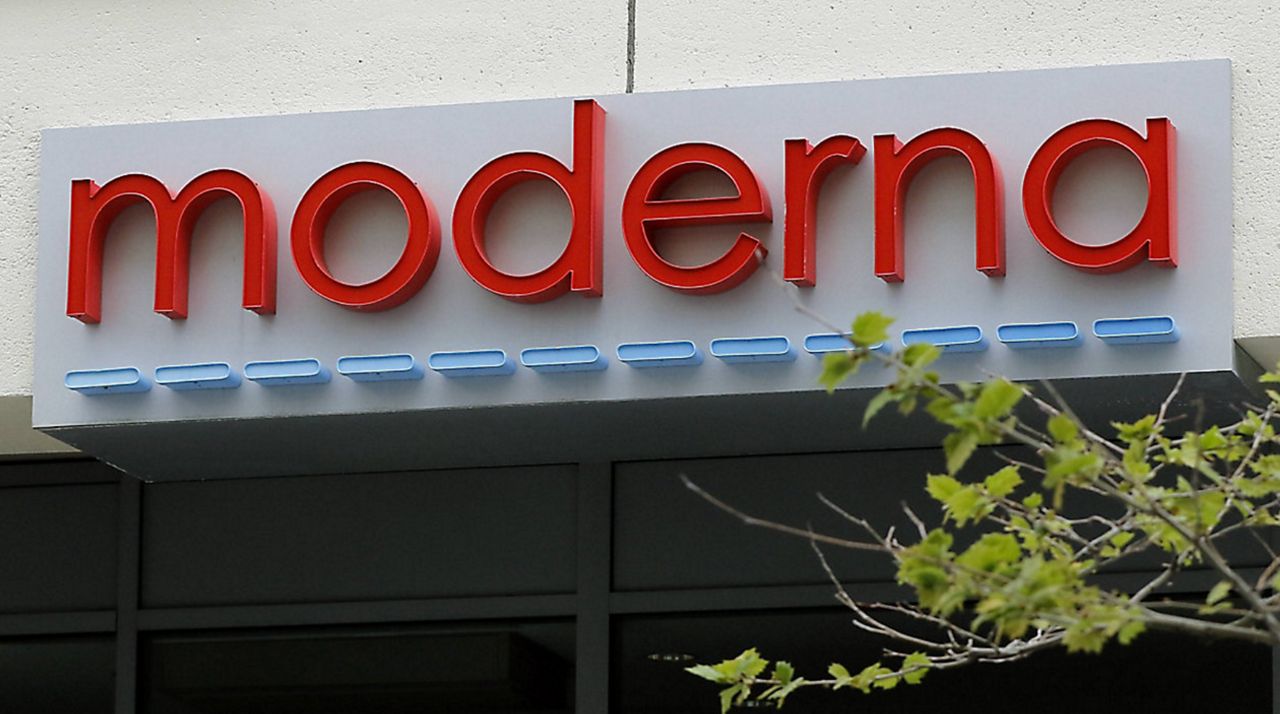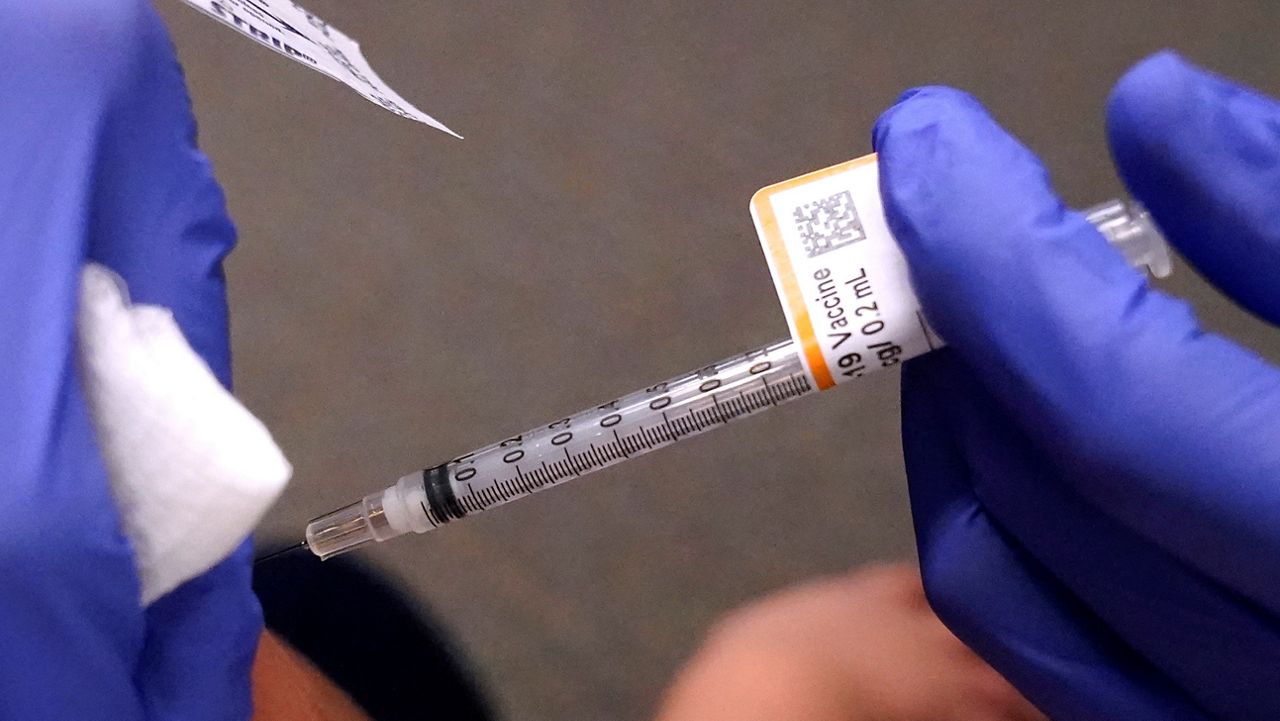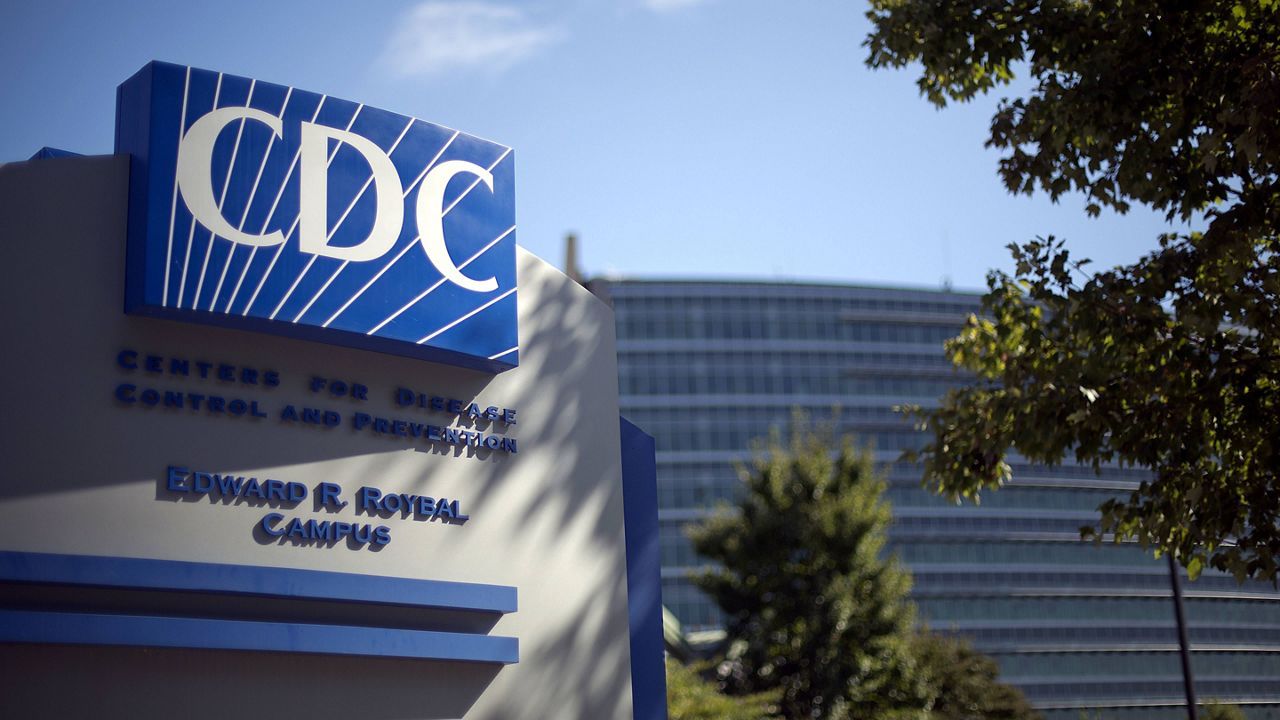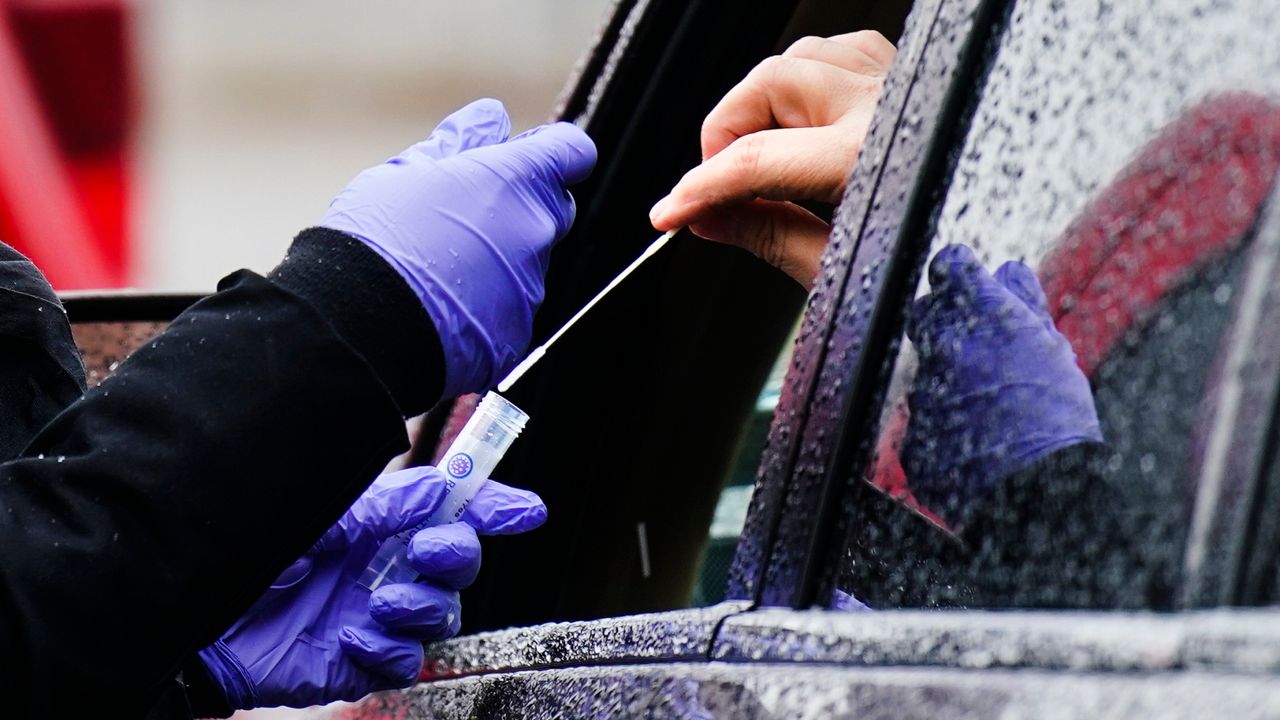Former presidents, public health officials, radio DJs, Congress members, former governor and lifelong Terminator Arnold Schwarzenegger: they are all part of a national effort to convince everyone to get vaccinated against the coronavirus.
The first waves of the vaccine rollout in North Carolina, and the rest of the country, have been rocky. A particular concern for public health officials is what they call “vaccine hesitancy,” people wary to get vaccinated for some reason.
Another top concern, at least for North Carolina’s Department of Health and Human Services, is making sure hospitals and health departments get the vaccine out to minority and traditionally underserved communities.
Related: Black Americans Reluctant to Get COVID Vaccine, Citing Deep-Rooted Mistrust
But historic inequities and uneven access to medical care, combined with higher rates of reluctance over the vaccines, can hinder those efforts.
Almost a million people in North Carolina have gotten at least one vaccine shot, but the data shows fewer Black and Latino people are getting vaccinated compared to white people.
In North Carolina, Black people account for 20% of the population but only 13% of the people who have gotten the coronavirus vaccine. For Latinos, who make up 9% of the state, that number is 2%, according to data from the North Carolina DHHS.
A recent study from the Kaiser Family Foundation found Black Americans more wary of getting the vaccine, with 43% of Black adults saying they would “wait and see” what happened to others before they got the vaccine. For Hispanic adults, that number is 37%. For White adults, the number is 26%.
“There’s so much untruth, and we’re trying to correct that,” said Dr. Karen Smith, a doctor in North Carolina.
When she’s talking to patients, Smith told Spectrum News 1 she points to the data.
“Out of 13 million people vaccinated, only 10 out of the Moderna population, and about the same with the Pfizer, had a problem, had a serious side effect,” Smith said. “We’re talking 0.03%. That’s the truth and that’s the information we want to get out.”
Related: In Focus: Vaccine Outreach to Black Communities
Related: In Focus: Vaccine Outreach to Latino Communities
Ben Money, deputy secretary with the North Carolina DHHS, said outreach to Black and Latino communities is crucial.
“People from historically marginalized communities are over-represented in frontline work,” Money said. Black and Latino people are also more likely to be hospitalized for severe cases of COVID-19.
Money said his main message for those reluctant to get vaccinated is about transparency. The federal government spent a lot of money to develop these vaccines quickly, so much of the data is available for researchers to check the safety and how well they work.
“Because there has been a lot of concern in the African-American community, African-American physicians, health care organizations, academic institutions from historically Black colleges and universities independently looked at the data themselves and came to the conclusion that this vaccine is safe and it’s effective,” Money said.
“This didn’t happen behind a curtain. The science that’s been used to develop this vaccine has been years in the making,” he told Spectrum News 1.
Public health officials have faced other challenges with the Latino community.
Eliazar Posada, with El Centro Hispano in Durham, said his organization is working with public health officials to help get their messages out about the virus and the vaccine.
“There’s a lot of fear when it comes to the vaccine around what information is going to be required, what information is going to be shared, how much am I going to be exposing me and my family, specifically folks who may not have full legal status,” Posada said.
“At the state and local level, how do we identify brokers of trust that are able to communicate this message to our community?” said Rep. Ricky Hurtado, an Alamance County Democrat.
“Do our state and local health departments have the capacity to really have a bilingual and bi-cultural message that resonates with the community?” he said.
“It’s not just simply translating something, it’s putting it in a way that’s culturally competent,” Posada said.
In Charlotte, longtime Congresswoman Alma Adams has become a cheerleader for people in all communities getting vaccinates.
“My message is, ‘Take the shot. It’s a shot to live, a shot at life,’” Adams said.
“The more folks out here who don’t get this vaccine, who continue to be exposed, who are exposing others,” Adams said. “I have a lot of confidence in the science and those that created the vaccine.”










